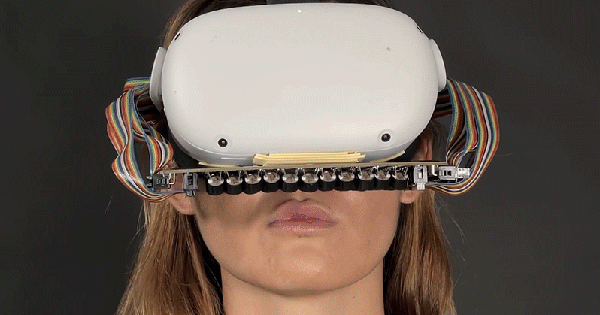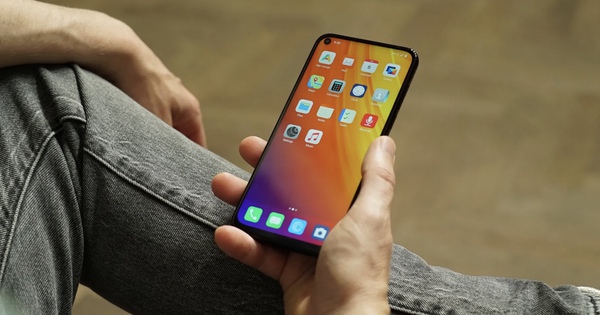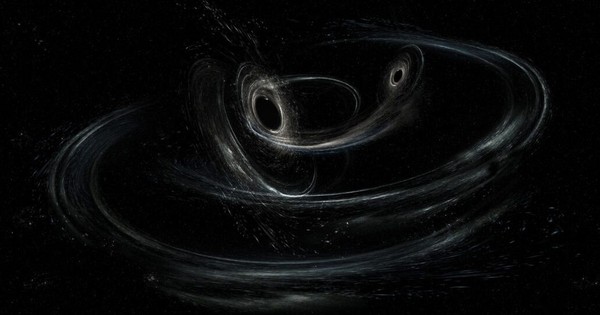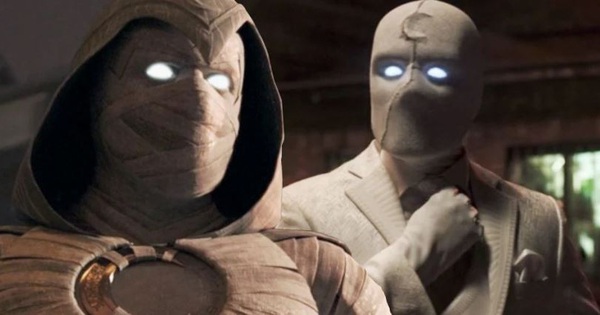Why can cockroaches survive when meteorites wipe out dinosaurs?
When the Chicxulub meteorite hit the Earth 66 million years ago, cockroaches were there, and they demonstrated a greater ability to survive than many other species.
The Chicxulub impact caused a massive earthquake, and scientists think it also triggered volcanic eruptions thousands of miles away. Three-quarters of the plants and animals on Earth have died, including most dinosaurs, with the exception of a few species that are ancestors of today’s birds.
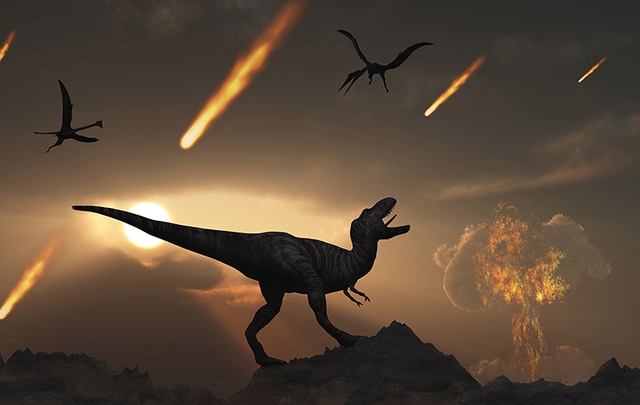
Meteor disaster once destroyed dinosaurs, but could not destroy cockroaches
How can cockroaches several centimeters long survive when so many larger, stronger animals are extinct? Simply put, cockroaches have the right natural elements to help them survive a meteor disaster.
Body structure
When observing cockroaches, we can easily see that their bodies are very neat and flat. Thin flat-bodied insects can easily burrow into tight spaces. This allows cockroaches to hide anywhere, which helps them survive Chicxulub’s impact.
When the meteorite collided, the temperature on the Earth’s surface skyrocketed. Many animals have nowhere to hide, but cockroaches can hide in small crevices, which provide excellent protection from the heat.
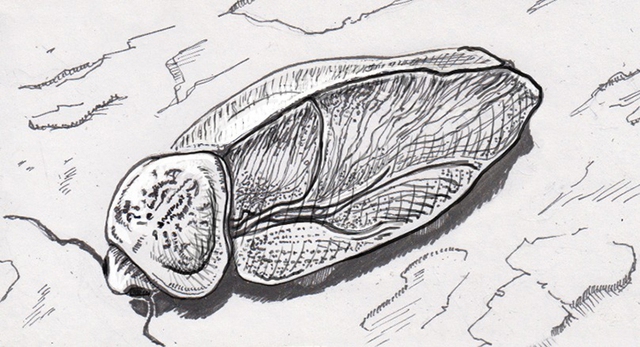
Sketch of an ancient cockroach.
Cockroaches are omnivores
The meteorite impact caused a series of catastrophic effects. It threw a lot of dust into the air causing the sky to darken. As the sun dims, the temperature drops and the air turns cold across the globe.
With little sunlight, the surviving plants struggled to thrive, and many other organisms that depended on those plants ran into a food crisis.
The scarcity of plants leads to the extinction of many herbivores, and the carnivores also lack food sources. The larger the species, the more food they require, the first to be destroyed.
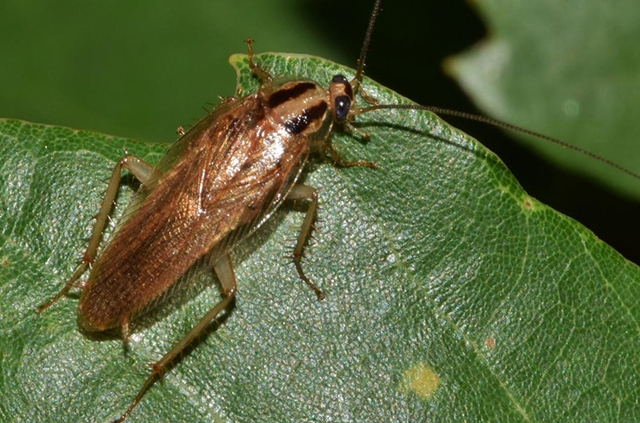
Cockroaches can eat almost anything.
As for cockroaches, their condition is much easier. Unlike some insects that prefer to eat a particular plant, cockroaches are omnivores. This means they will eat almost any food of animal or plant origin, even feces. Having a non-selective palate has enabled cockroaches to survive many times of disaster.
Cockroach eggs are protective boxes
Another useful feature is that cockroaches lay eggs shaped like dried beans. Cockroach eggs are also called oothecae, which means “egg container”.
Like phone cases, oothecae are fairly tough and protect the contents from impact damage and other threats, such as floods and droughts.
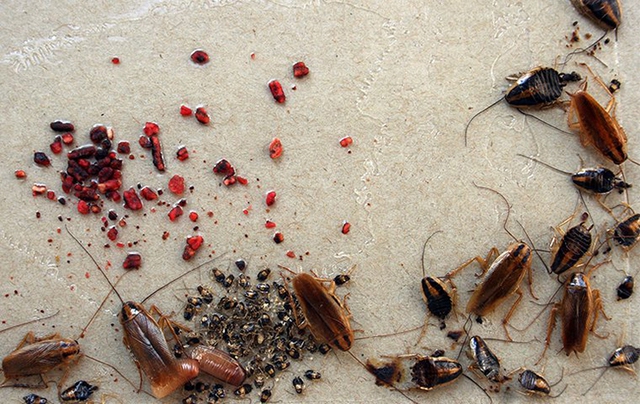
Solid oothecae “egg boxes”.
Humans can learn many things from cockroaches
Modern cockroaches are rare creatures that can live anywhere on land, from the heat of the tropics to some of the coldest parts of the world. Scientists estimate that there are more than 4000 species of cockroaches living on Earth.
A small number of these species prefer to live with humans and quickly become pests. Once cockroaches are in a building, it is difficult to remove all traces of them.
Pests are difficult to manage because they are resistant to many insecticides. However, cockroaches are not only harmful. Scientists also study cockroaches to understand how they move and how their bodies are designed to get ideas for building better robots. Their high survivability is also worth human learning in some appropriate respects.
at Blogtuan.info – Source: genk.vn – Read the original article here
